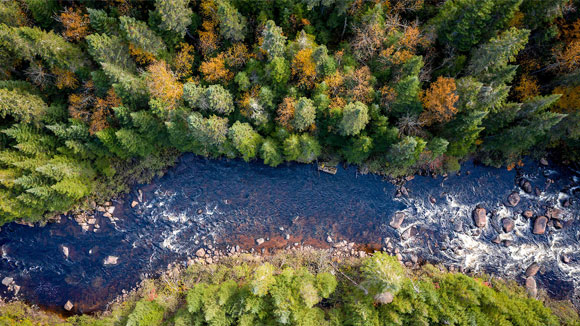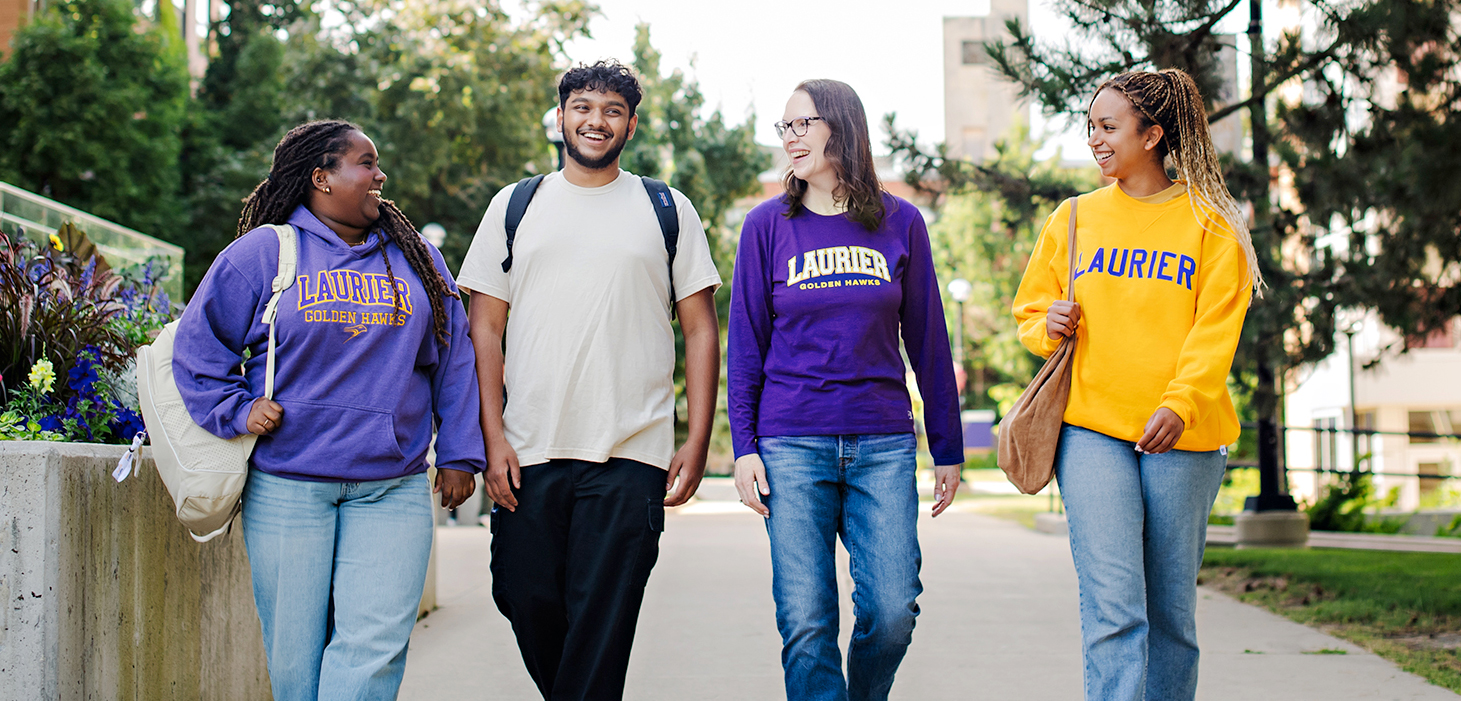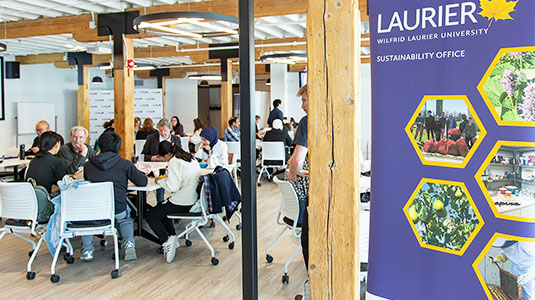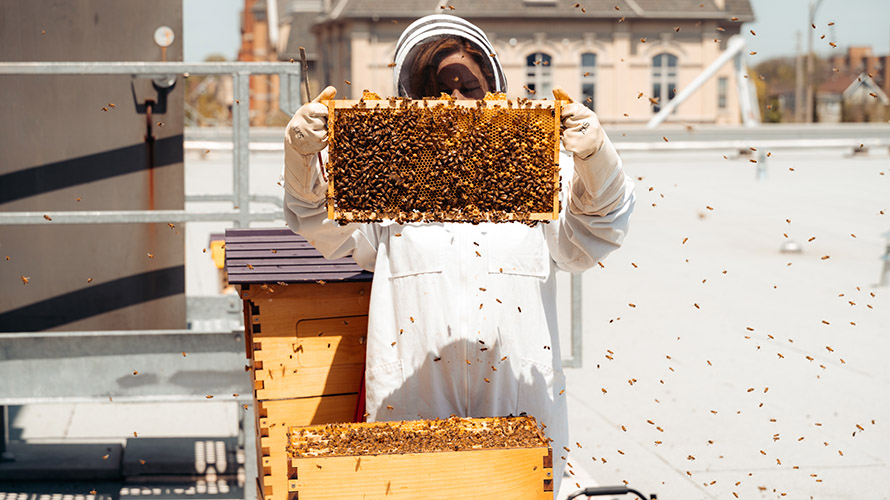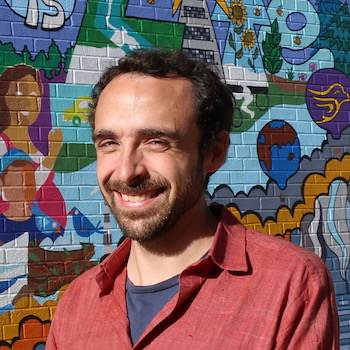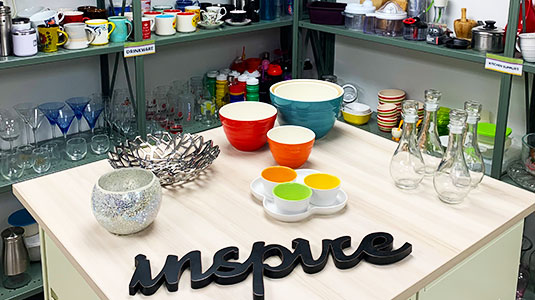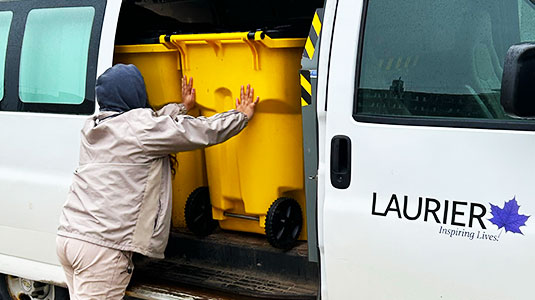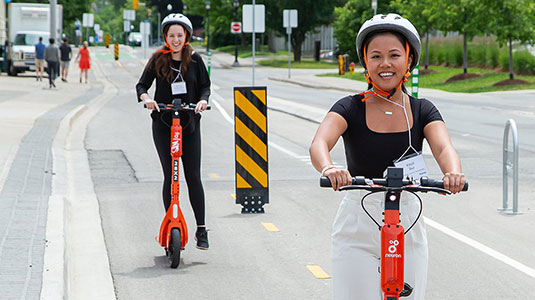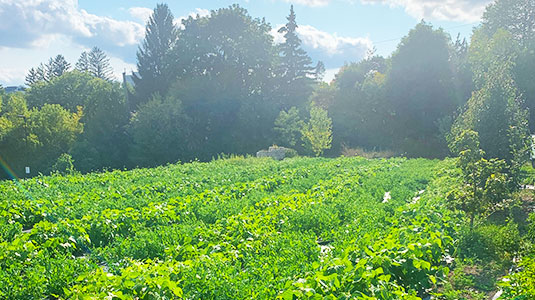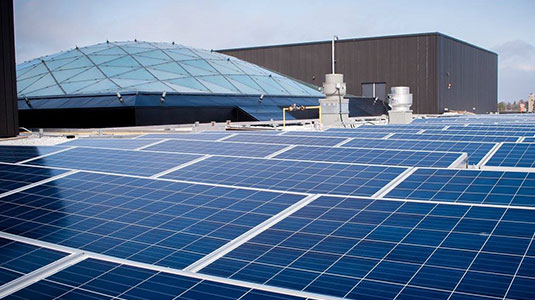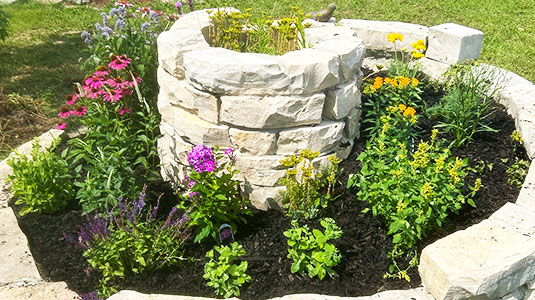Programs
Our programs offer degree options, concentration, and options that span across all pillars of sustainability including, environmental, social, cultural, and economic. Each faculty is embedded with sustainability-focused and sustainability related courses which incorporate sustainability themes, concepts, and practices.
Sustainability-focused courses are entirely dedicated to the concept of sustainability, including its cultural, economic, environmental and social dimensions. Alternatively, sustainability-focused courses may examine an issue or topic using sustainability as a lens.
Sustainability-related courses incorporate sustainability as a distinct course component or module, or concentration on a singular sustainability principle or issue. The principle or issue being discussed is connected to the larger concept of sustainability including its cultural, economic, environmental and social dimensions.



